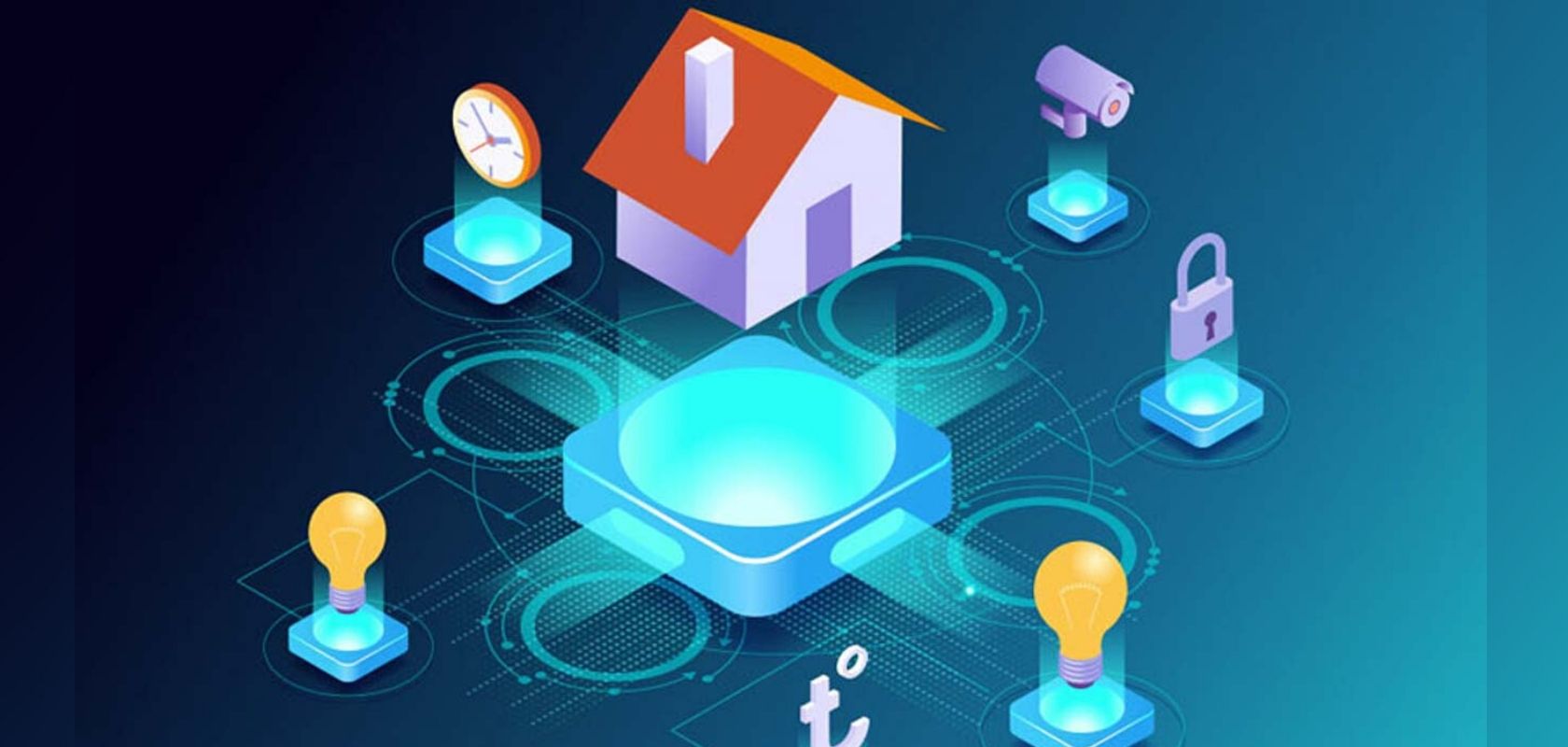In an unprecedented move for Apple, they released a press statement this morning announcing that they will begin working with IoT rivals Amazon and Google on what it referred to as “an open-source approach for the development and implementation of a new, unified connectivity protocol.”
If you’re among the 47% of millennials who have thrown privacy to the wind and found themselves in the smart home market, you may have noticed how frustrating it is to find IoT devices that are compatible with your choice of voice assistant environment.
While Google’s Assistant has been catching up, Amazon’s Alexa has been queen in this regard, offering the best compatibility with connected devices, with Apple’s Siri trailing behind both.
In keeping with the horrible naming conventions of 2019, this new alliance has been named “Project Connected Home over IP”. It’s also not an alliance, but a “working group”, whatever that means. They launched a dedicated website today, coinciding with Apple’s press release, where related updates will be shared.
The website, unsurprisingly, also uses an equally unimaginative domain name that is still different enough from the group’s name to be confusing: www.connectedhomeip.com
At the very top of that webpage, the project defines itself as a “new Working Group that plans to develop and promote the adoption of a new, royalty-free connectivity standard to increase compatibility among smart home products, with security as a fundamental design tenet.”
At the very bottom is a 4×4 grid of the 16 companies participating in this “working group”. Among them are notable names in the IoT industry like Zigbee, IKEA, Samsung’s SmartThings and Signify (formerly Philips Hue).
According to Apple’s press release, “The project aims to make it easier for device manufacturers to build devices that are compatible with smart home and voice services such as Amazon’s Alexa, Apple’s Siri, Google’s Assistant, and others.”
While that is a fantastic goal, I’m personally more excited about their focus on security, so that we may one day be able to live in smart homes without them collecting, storing, sharing and selling all our data, or otherwise improperly handling it.













